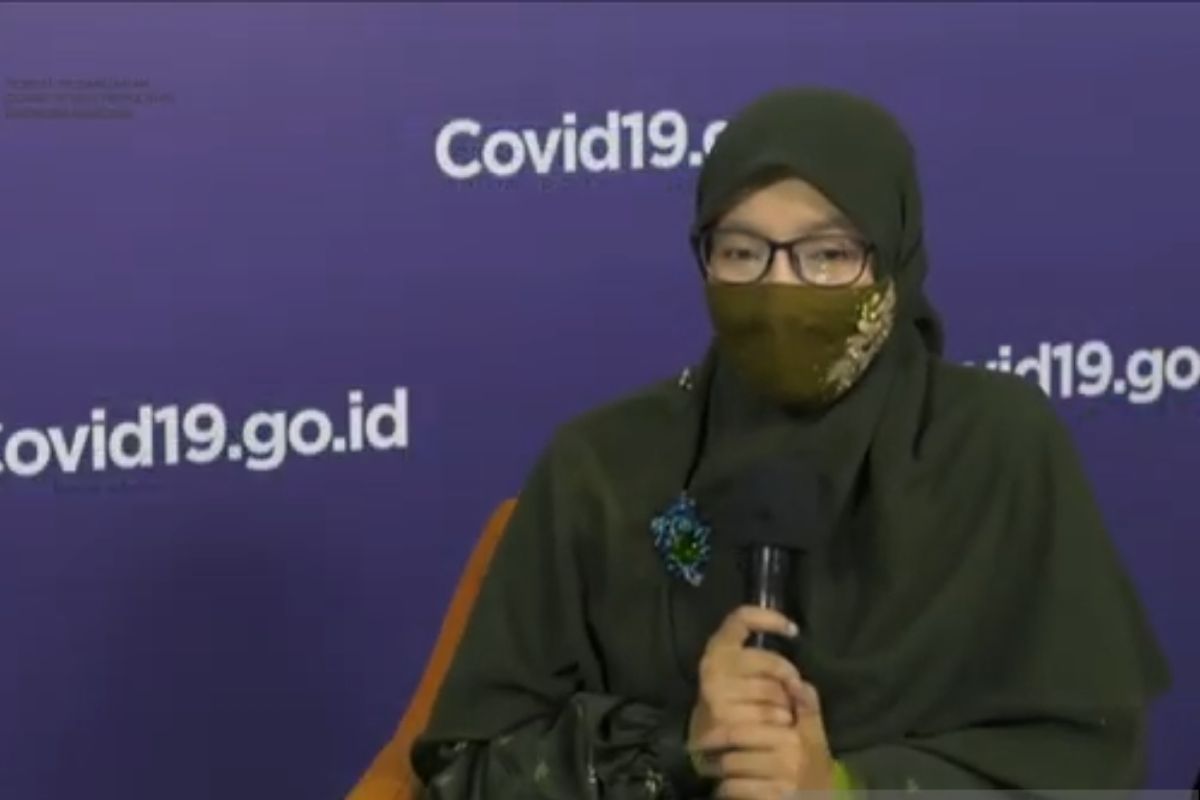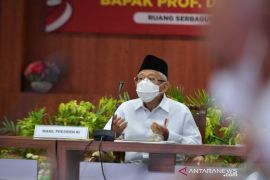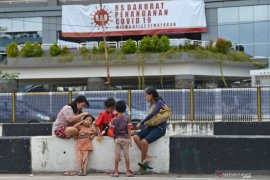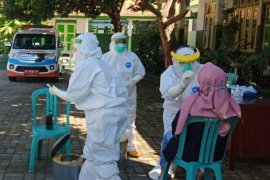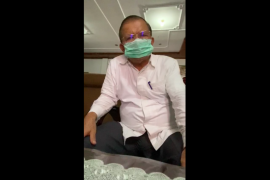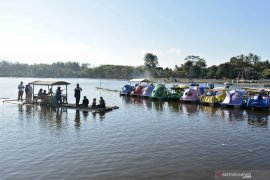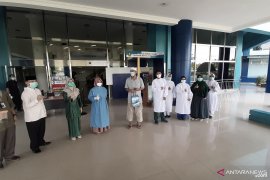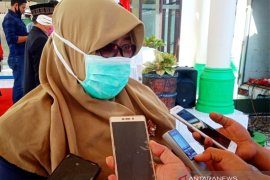This has made hospital patients the largest coronavirus cluster in the capital city, said officials.
“Based on the cluster data in Jakarta, while Jakarta implemented a transitional period of the large scale social distancing (PSBB) measure from June 4 to Sept 12, 2020, most of the virus transmission originated from patients visiting hospitals,” Dr. Dewi Nur Aisyah, head of the Task Force's data and information technology section, revealed at a press conference at Graha BNPB, here on Wednesday.
The second largest cluster in Jakarta has been the cluster of patients in the community, who have accounted for 15,133 cases, or 39.36 percent of the total COVID-19 cases in the capital city.
“So, if one person tests positive, it should be traced who he has made contact with so far. The family cluster is included in this category," she said.
Meanwhile, the third cluster that has contributed the highest number of COVID-19 cases in Jakarta is the office cluster.
"Offices are in the third rank of the highest distribution sources, with a total of 3,194 cases, or about 8.31 percent of the total cases in Jakarta," she said.
Other clusters that have contributed to COVID-19 cases in Jakarta include ship crew members or Indonesian Migrant Workers, who have accounted for as many as 1,641 or 4.27 percent of cases; employees working at home, who have accounted for 665 or 1.73 percent of cases; markets, which have accounted for 622 or 1.62 percent of cases; and Puskesmas (community health center) staff, who have contributed 220 or 0.57 percent of cases.
Other clusters include dormitory clusters, which have accounted for as many as 118 or 0.31 percent of the total cases; religious activities (104 or 0.27 percent of cases); prisons (63 or 0.16 percent of cases); orphanages (36 or 0.09 percent of cases); marriage activities (35 or 0.07 percent of cases); schools (19 or 0.05 percent of cases); refugee camps (six or 0.02 percent of cases); night amusement centers (five cases); Islamic boarding schools (four or 0.01 percent of cases); and, hotels (three or 0.01 percent of the total cases).
Related news: Prescription for keeping loved ones safe from COVID-19
Related news: South Sumatra faces resurgence of new COVID-19 clusters at workplace
Translator: Katriana, Fardah
Editor: Rahmad Nasution
Copyright © ANTARA 2020
